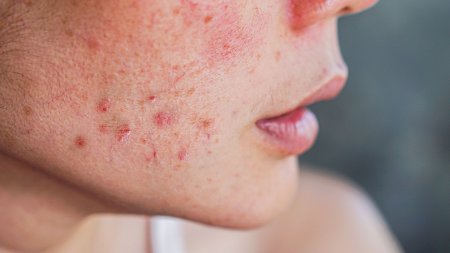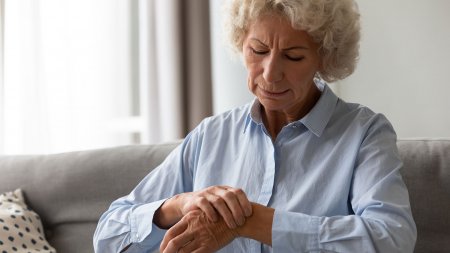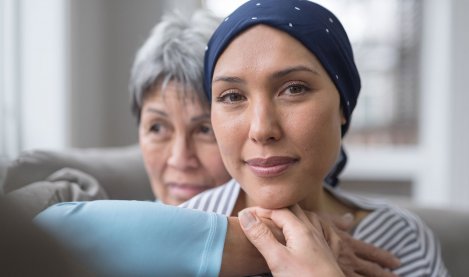Expert talks
Cancer treatments and skin interview with Hédi Chabanol
Cancer treatments are becoming increasingly targeted in how they destroy cancer cells. Their skin side effects require targeted care of their own. Hédi Chabanol, Manager of the centre for skin care and clinical studies at Institut Curie, explains two skin side effects resulting from cancer treatments, folliculitis and hand foot syndrome, and offers advice to minimise them.






